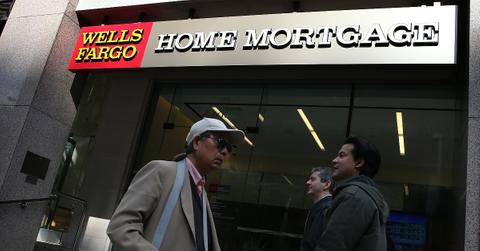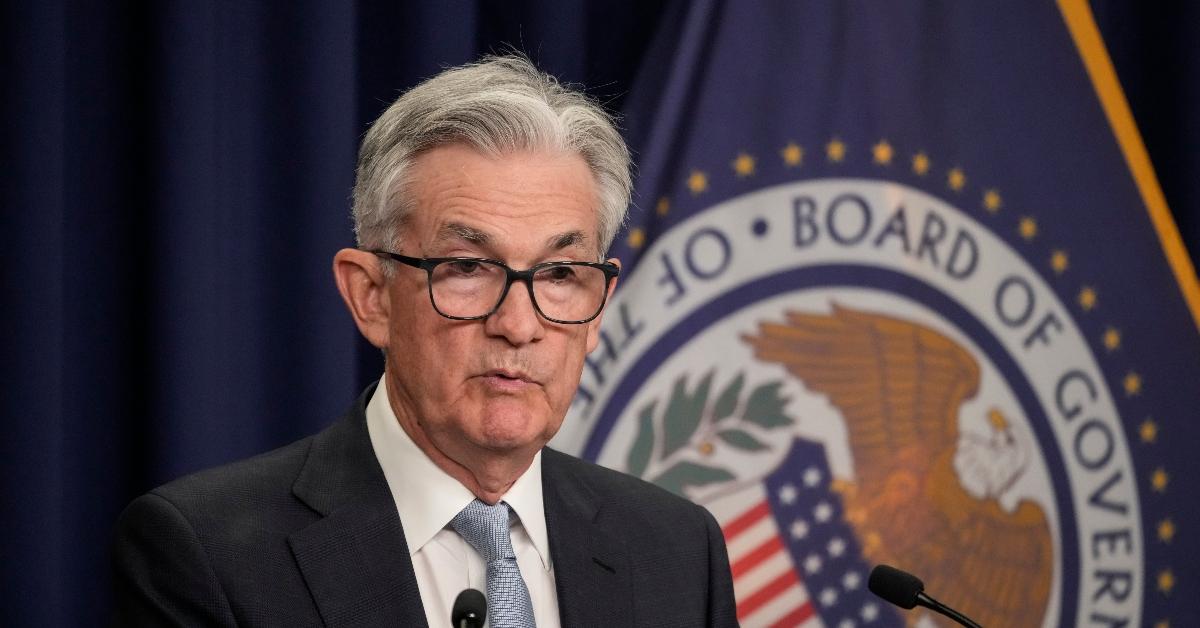When Will Mortgage Rates Go Down? Already Higher Than Predicted
The interest rate for a 30-year fixed rate mortgage has already jumped to over 6 percent. When will mortgage rates go down?
June 16 2022, Published 2:32 p.m. ET

With the Federal Reserve’s move on June 15 to increase interest rates by 0.75 percent, many Americans are wondering how the increase will impact mortgage rates. The interest rate for a 30-year fixed-rate mortgage has already jumped to over 6 percent. When will mortgage rates go down?
Mortgage rates actually dropped after Fed Chairman Jerome Powell announced the interest rate increase on June 15, according to data from Mortgage News Daily. On June 16, the interest rate for a 30-year fixed mortgage was sitting at 6.03 percent, down from 6.28 percent before the Fed’s interest rate hike.

Mortgage rates are at their highest level in a decade.
However, mortgage rates are still at their highest level in over a decade. The increase has been dramatic within the last year. In June 2021, the average rate for a 30-year fixed rate mortgage was just 2.98 percent, over half of what it is now.
How does the increase in mortgage rates impact homebuyers? A $400,000 home mortgage at 6.03 percent would cost $2,406 per month. Compared to a year ago, when the mortgage rate was 2.98 percent, a $400,000 mortgage would have cost $1,682 per month.
Mortgage rates are above what was forecasted.
The current mortgage rates are far above projections. In January, the Mortgage Bankers Association forecasted that the 30-year fixed mortgage rate would be 4.0 by the end of 2022. On June 10, the MBA’s projection changed to 5.0 by the end of 2022.
Mortgage demand is decreasing.
Meanwhile, home prices are still at record levels. The median home price in the U.S. right now is over $400,000, according to World Population Review. The combination of high home prices and rising interest rates are pricing many homebuyers out of the market. CNBC reports that the demand for mortgages plummeted to the lowest level in 22 years.
In May, mortgage applications for new home purchases fell by 5 percent, after already falling 4 percent in April, the MBA reports. The average loan amount also dropped, the MBA reports.
“After increasing for 15 consecutive months, the average loan size fell slightly from April’s survey high to $430,855, which is a potential indication that cooling demand may be starting to moderate price growth,” said Joel Kan, MBA’s associate vice president of economic and industry forecasting.
It may be hard to predict whether mortgage rates will go up or down.
Lending Tree senior economic analyst Jacob Channel told CNBC that the volatility of mortgage rates so far makes it hard to predict what will happen the rest of the year.
“Given that they’ve already gone up so dramatically, it’s difficult to say just how much higher mortgage rates will go by year’s end,” Channel told CNBC.
In 1981, mortgage interest rates reached their highest point in history, at an average rate of 16.63 percent, according to Rocket Mortgage.
